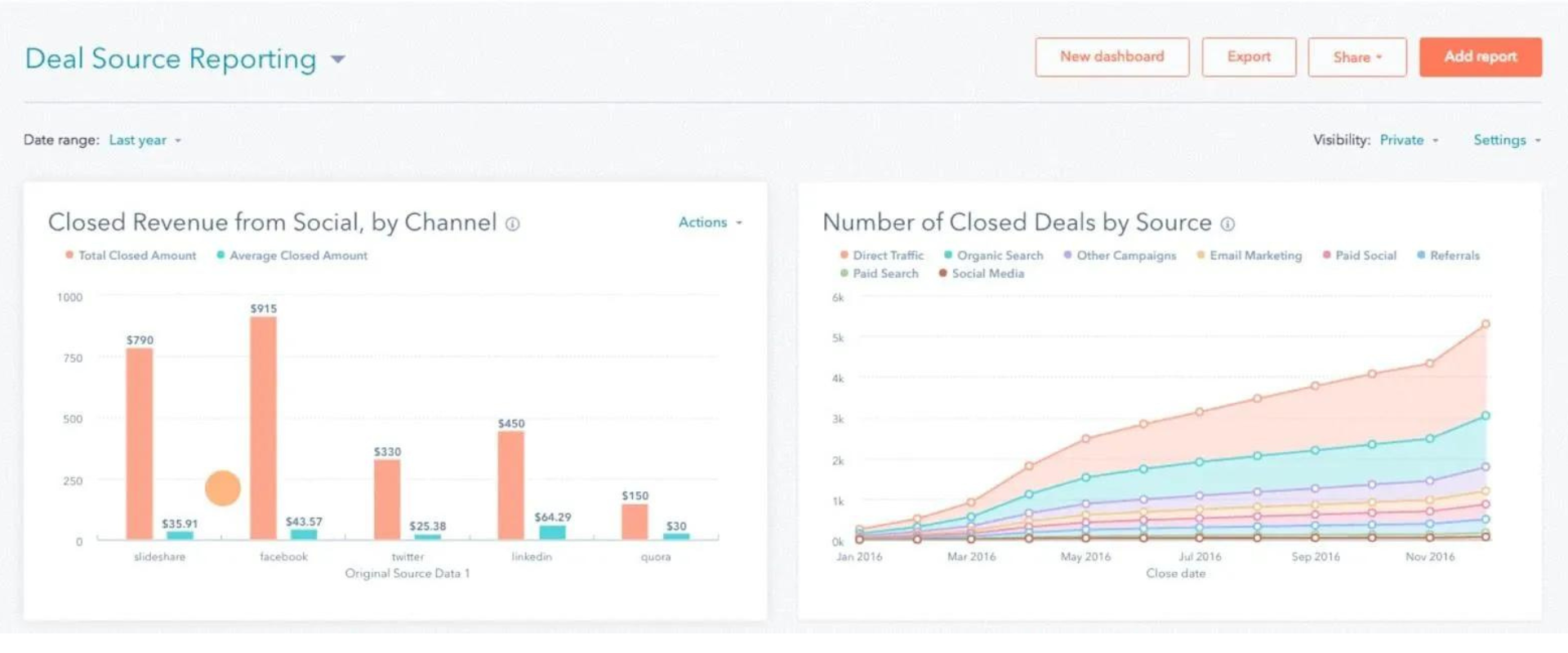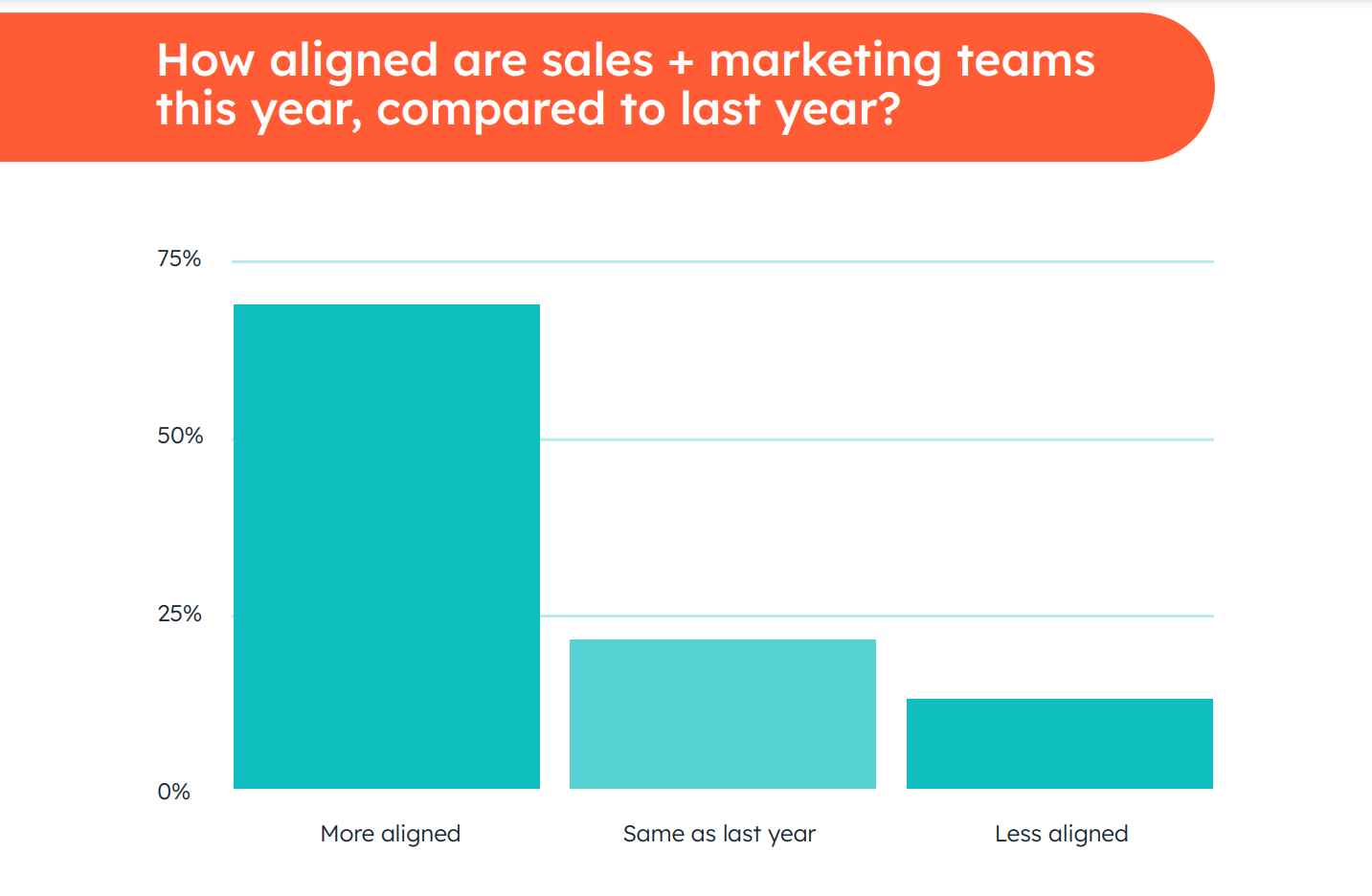If you want your business to thrive, it is essential to analyze recent sales data effectively. Only by doing so can you optimize your digital marketing strategies and drive your business growth. Don't miss out on this opportunity to take your business to new heights.
The Benefits of Analyzing Recent Sales Data
Analyzing recent sales data is crucial for gaining valuable insights into customer behavior and preferences, which can help the digital marketing team make informed decisions. By identifying the products or services that are popular and those that are not, marketers can adjust their strategies to focus on the most profitable areas and improve overall sales performance.
5 reasons for the digital marketer to analyze recent sales data:
1️⃣ Identifying Trends: Analyzing recent sales data can assist in identifying patterns and trends, enabling marketers to understand what strategies work and what doesn't.
2️⃣ Customer Insights: Sales data analysis can help identify customer preferences and behaviours, allowing personalized marketing efforts.
3️⃣ Performance Metrics: It also enables teams to measure the effectiveness of their campaigns and adjust strategies accordingly.
4️⃣ Forecasting: Analyzing sales data helps predict future trends, facilitating proactive planning and strategy development.
5️⃣ Competitive Advantage: Making informed decisions based on data analysis can give a company an edge over competitors, leading to a competitive advantage.

In essence, recent sales data is not just numbers but a powerful tool that guides a digital marketing team towards success. Therefore, data analysis is a crucial element of digital marketing.
Tools and Techniques for Data Analysis
Digital marketing teams can utilize a range of tools and techniques to analyze recent sales data effectively. One common tool is a customer relationship management (CRM) system, which collects and organizes customer data, including purchase history and interactions. This data can be analyzed to identify patterns and trends in customer behavior.
HubSpot Sales Hub is a comprehensive tool offering a wide range of features designed to help digital marketers analyze sales data effectively. It stands out as the best tool for sales data analysis due to its user-friendly interface, advanced analytics features, and seamless integration with other HubSpot tools. By leveraging HubSpot Sales Hub, digital marketers can optimize their data analysis efforts and drive business growth effectively.

In addition to CRM systems, data visualization tools can be used to present sales data in a visually appealing and easily understandable format. These tools enable marketers to identify patterns and correlations more efficiently, making it easier to draw actionable insights.
Another technique for analyzing sales data is regression analysis, which helps identify the relationship between different variables, such as advertising spend and sales. By understanding these relationships, marketers can make data-driven decisions on resource allocation and optimize their marketing strategies.
Identifying Trends and Patterns in Sales Data
Analyzing recent sales data allows marketers to identify trends and patterns that can guide their marketing strategies. Marketers can identify seasonal trends by examining sales data over time, such as increased sales during holidays or certain months. This information can help them plan targeted marketing campaigns and promotions.

Moreover, analyzing sales data can reveal patterns in customer behavior, such as purchasing habits or preferences. By understanding these patterns, marketers can tailor their marketing messages and offers to better resonate with their target audience, increasing the likelihood of conversion.
Additionally, analyzing sales data can uncover correlations between different variables, such as customer demographics and purchase preferences. This information can be used to create targeted marketing personas and develop more personalized marketing strategies.
Implementing Data-Driven Marketing Strategies
Analyzing recent sales data enables marketers to implement data-driven marketing strategies. By leveraging the insights from the analysis, marketers can make informed decisions on various aspects of their marketing campaigns, such as target audience, messaging, and channels.
For example, by analyzing sales data, marketers may discover that a particular demographic group has a higher purchase frequency and average order value. Armed with this knowledge, they can create targeted campaigns tailored to that demographic, increasing the chances of conversion and maximizing ROI.
Furthermore, data analysis can help marketers identify underperforming marketing channels or campaigns. Marketers can determine which drives the most sales by examining the sales data associated with different channels and allocating resources accordingly. This ensures that marketing efforts focus on the most effective channels, improving sales performance.
Evaluating the Effectiveness of Data Analysis on Sales Performance
Analyzing recent sales data also allows marketers to evaluate the effectiveness of their data analysis efforts on sales performance. By comparing the sales data before and after implementing data-driven strategies, marketers can measure the impact of their analysis on business outcomes.
For example, if the analysis led to a significant increase in sales, it indicates that the data-driven strategies effectively drove business growth. On the other hand, if there was no noticeable improvement in sales, it may indicate the need to refine the data analysis techniques or explore other factors influencing sales performance.

Source: HubSpots 2024 Sales Trends Report
By regularly evaluating the effectiveness of data analysis on sales performance, marketers can continuously improve their analysis methods and ensure that their data-driven strategies are generating the desired results.
If you need any help to setup sales reports for marketing needs in HubSpot, contact Velain: https://velainn.com/contact
Illustrations: Data illustrations by Storyset, Unsplash
Graphs: HubSpot, HubSpot 2024 Sales Trends Report

